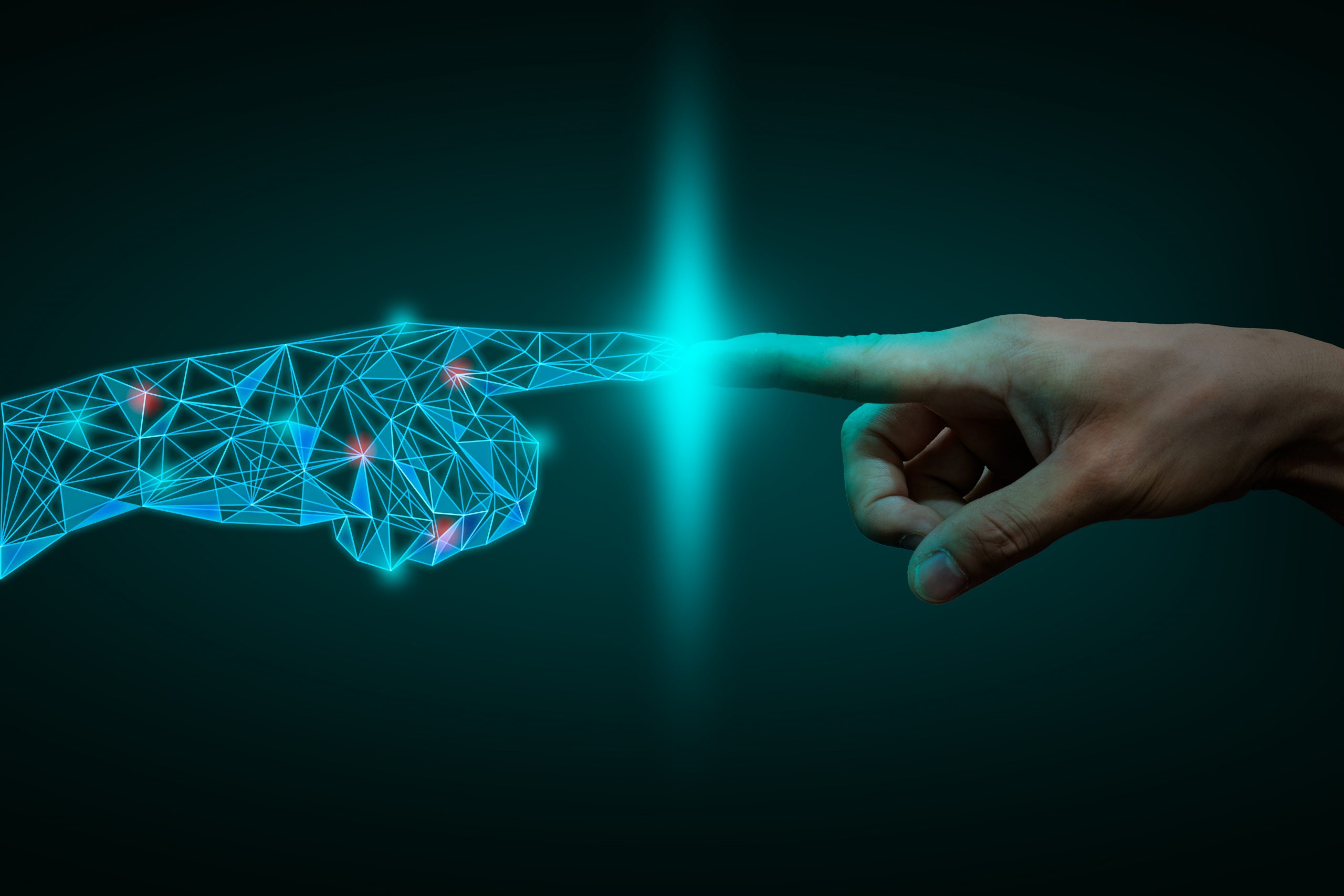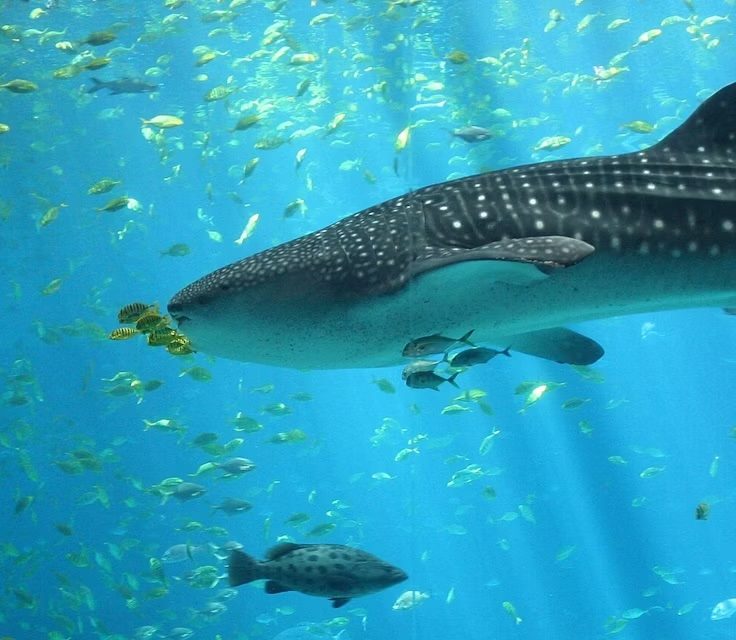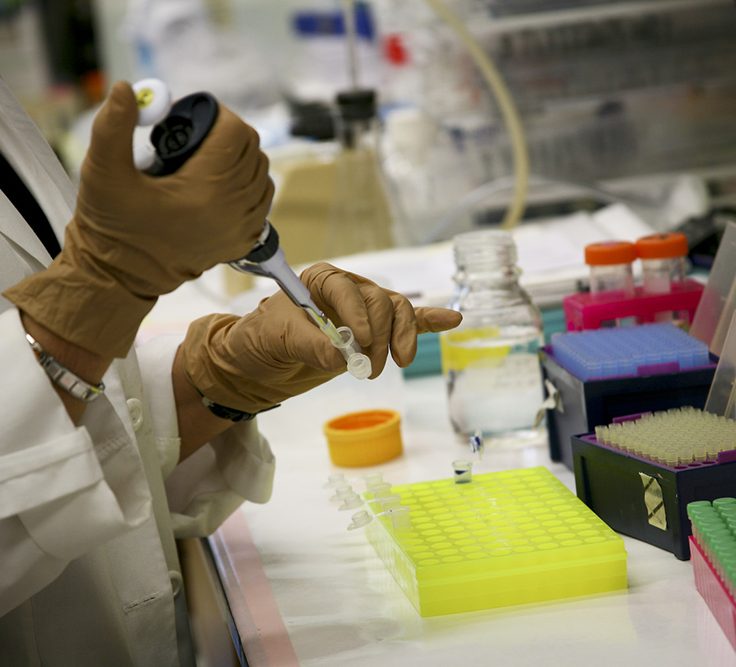
The Digital Humanities Lab at UF will connect human insight with digital capabilities.
University of Florida provides strategic funding for Digital Humanities Lab
Scholars in fields like history, philosophy, and literary studies are at home with context, nuance, and the human experience, but they are not always adept at integrating their work with data. And researchers who deal with data all day long may need help showing what those numbers mean in the real world. To this end, a $632,000 award — part of University of Florida President Ben Sasse’s strategic funding initiative — will build bridges between the two groups.
The Digital Humanities Lab in the College of Liberal Arts and Sciences will create a physical and virtual hub for UF’s humanities researchers who work with big data, augmented reality, and digital storytelling tools. The lab will also help humanities students gain critical skills necessary for the modern workforce.
“We are now in a knowledge and technology revolution that is transforming higher education and the global economy,” said David Richardson, Ph.D., dean of the College of Liberal Arts and Sciences. “Every liberal arts discipline is redefining its methods and asking new research questions, and the humanities are no exception. In this facility, historians, philosophers, and literary scholars will collaborate with engineers and scientists in exciting, new ways.”
The lab will break down silos between academic disciplines, showcase research, and build stronger collaborations with private industry and cultural organizations across the state.
“A Digital Humanities Lab will help students and faculty engage in valuable experiential learning and professional development opportunities,” Sasse said. “We want to bring UF research into the public spotlight, as Floridians engage with the public-facing content we create.”
Most of the strategic funds will be used to update the existing space and equipment in order to make a more inviting space for collaborative projects. Jaime Ahlberg, Ph.D., director of the Center for the Humanities and the Public Sphere, envisions digital tools empowering both students and faculty.
“We are excited to develop an interactive lab space, foster multidisciplinary collaborations, and offer trainings, courses, and consultations,” Ahlberg said. “We will be producing virtual exhibitions, StoryMaps, data visualization, metadata transformation, and more. The technologies and techniques supported by the lab can enrich humanities research, amplify its impact, and raise awareness of the critical value of humanistic inquiry.”
The result is a win-win for UF and the state of Florida, according to Trysh Travis, Ph.D., associate dean of the College of Liberal Arts and Sciences (who oversees the humanities).
“After centuries of communicating on paper, digital humanities scholars have developed new ways to generate and share information. Fluency in data analytics, with visual and interactive media, will improve the quality of our humanities research,” Travis said. “Equally, if not more important, it will allow our researchers to build stronger collaborations with private industry and cultural organizations across the state.”


